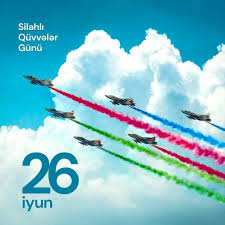Introduction to Azerbaijan
Azerbaijan, a country located at the crossroads of Eastern Europe and Western Asia, is increasingly becoming a focus of international attention due to its strategic geographical position and rich cultural heritage. With it being a member of both the Commonwealth of Independent States and the Organisation for Security and Co-operation in Europe, Azerbaijan plays a crucial role in regional politics. Its historical significance and emerging economy make it a vital subject of discussion in both political and cultural contexts.
Azerbaijan’s Historical and Cultural Background
Azerbaijan boasts a complex history influenced by various empires, including the Persian Empire and the Russian Empire. Its capital, Baku, is known for its unique mixture of modern and ancient architecture, including the Flame Towers and the medieval Fortress of the Old City. Azerbaijani culture is rich in the arts, music, and literature, with traditional Mugham music and poetry rooted deeply in the national identity. The annual Gabala Music Festival and the Baku Jazz Festival are just some of the events that highlight the country’s vibrant arts scene.
Current Economic Landscape
The economy of Azerbaijan is primarily driven by its vast oil and gas reserves, attracting considerable foreign investment. This sector has helped to modernize the country’s infrastructure, boosting not just economic growth but also the living standards of many citizens. According to the State Statistical Committee of Azerbaijan, the economy grew by 3.6% in 2022, signaling resilience despite global uncertainties. However, the government is also striving to diversify its economy to reduce dependence on the oil sector, promoting sectors such as tourism, agriculture, and technology.
Recent Developments and International Relations
Azerbaijan has also made headlines recently regarding its international relations, particularly with neighbouring Armenia. The ongoing tensions over the Nagorno-Karabakh region have shaped the nation’s foreign policy and military strategies. The two countries reached a ceasefire agreement brokered by Russia in 2020, but tensions remain high. In light of this, Azerbaijan is seeking to strengthen its alliances with other nations, including Turkey and various European countries, to ensure its security and regional influence.
Conclusion: The Significance of Azerbaijan
Azerbaijan’s rich cultural heritage and dynamic economy present unique opportunities and challenges. As the nation continues to develop and assert its position on the world stage, it will undoubtedly play a key role in regional stability and economic partnerships. For readers interested in geopolitics, culture, or economic development, Azerbaijan represents a fascinating case study in balancing tradition and modernity.


